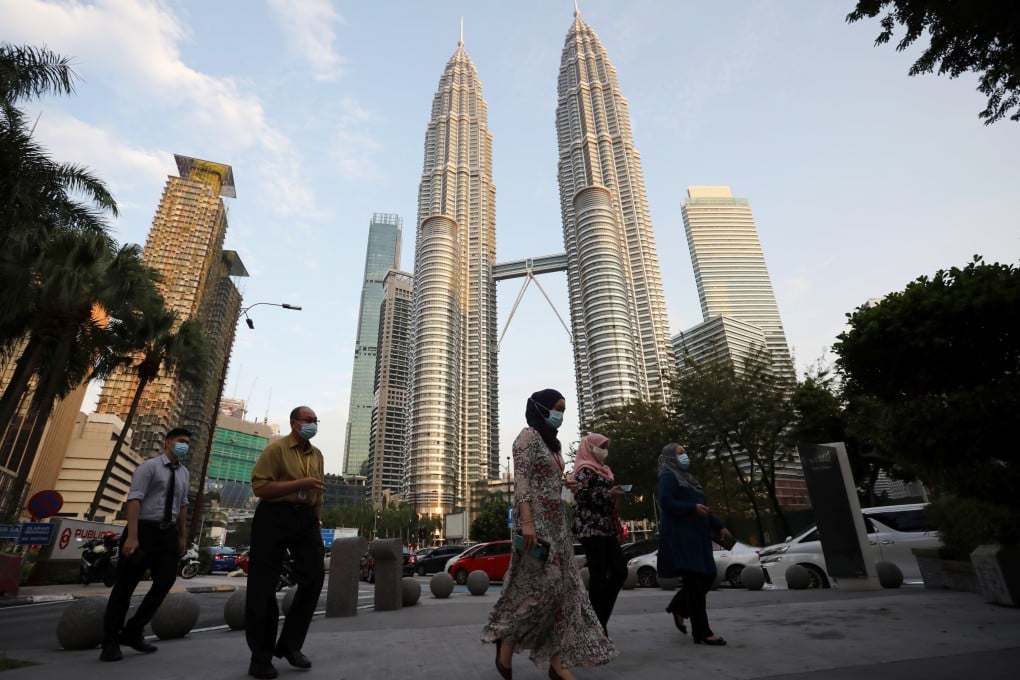Advertisement
What derailed the Singapore-Malaysia high-speed link, and where now for neighbours’ troubled relationship?
- Malaysian PM Muhyiddin Yassin’s decision to unravel Najib Razak’s plan may have domestic political ramifications but a diplomatic fallout is unlikely
- Analysts say the US$25 billion project could have been a white elephant and the Covid-19 pandemic has shifted Malaysia’s economic priorities
Reading Time:5 minutes
Why you can trust SCMP
7

For many observers, the 2016 bilateral agreement between Malaysia and Singapore to construct a high-speed rail (HSR) link was a seminal moment in the neighbours’ history.
Advertisement
The pact was a capstone of sorts to the energetic efforts of Singapore’s Prime Minister Lee Hsien Loong and his then-counterpart, Najib Razak, to overcome an acrimonious past that included disputes over everything from water supply to outcrops in the sea, airspace, and land that belonged to Malaysia before Singapore split off to become an independent nation.
Najib at the time envisioned the US$25 billion project as a key part of a plan for the two countries to put their historical baggage behind them and make Malaysia’s southern Johor region a New Jersey to Singapore’s Manhattan.
With the deal unravelling at the stroke of midnight on January 1 – following months of unsuccessful wrangling over Malaysia’s demands for changes to the legally binding 2016 pact – commentators on both sides of the Causeway have been considering the implications for bilateral ties.
In Malaysia, Prime Minister Muhyiddin Yassin’s decision to unravel Najib’s carefully laid plans is seen as likely to have domestic political ramifications.
Advertisement
Najib, who was ousted in Malaysia’s 2018 election and is facing jail time following corruption convictions, remains a major political force and has assailed the prime minister for the cancellation.

Advertisement